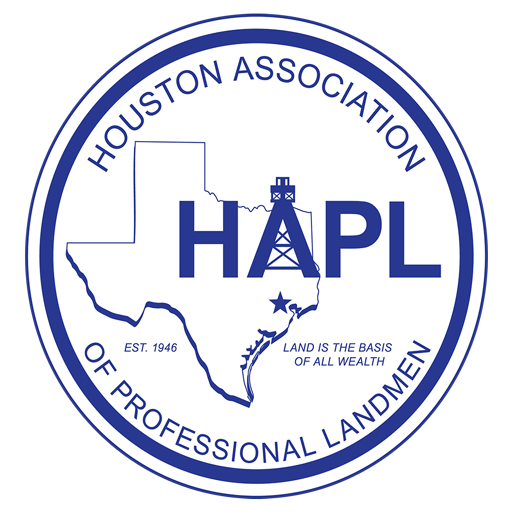New Ideas and Their Diffusion: A Model for Exploration & Production Companies in the 21st Century by Arthur E. Berman
Most petroleum exploration and production (E&P) companies have embraced risk evaluation and portfolio management practices, but are not replacing reserves except by acquisitions and mergers. There are 2 principle causes for failure to discover new reserves. First, approximately 80% of the world is controlled by state oil companies and is, therefore, unavailable for competitive investment and drilling. It is reasonable, therefore, that if companies must continue to prospect in the same 20% of the world’s basins that the size of new discoveries should decline as it has.
The other main reason for not finding significant new reserves in recent decades, and the focus of the present analysis, is failure to recognize and understand the implications of the Diffusion Model of Innovation for exploration and production (E&P) company organization, strategy and risk assessment.
The Diffusion Model was originally developed at Iowa State University Department of Sociology in the 1920s and 1930s as researchers studied how Iowa farmers adopted hybrid seed corn, one of the major agricultural advances of the early 20th century. Despite obvious advantages and the low risk to farmers of trying it, only 5% of the farm community adopted the new corn during the first 5 years of its availability. Other farmers adopted hybrid seed corn in quantum groups until, after 15 years all farmers were using the new corn. Only the first group—the early adopters—decided to use the new corn based on data; later adopters joined the trend based on social forces and momentum.
The Diffusion Model and the patterns of adoption of new ideas that it predicts, has profound implications for available and remaining opportunity, as well as entry cost, among the various adopter groups.
In petroleum exploration and production, opportunity is quite low for all but the first adopter groups in a new play or using a new technology. E&P history shows that companies do not understand this fundamental fact, as they rush to participate at great cost in plays that are already somewhat mature at the time of their entry. Examples include the deepwater Gulf of Mexico and the Barnett Shale plays.
At least one contributing factor to the relatively late entry of many companies into new plays or technologies is the risk evaluation process that they use to guide their decisions and strategies.
The risk process in most E&P companies discourages early entry into new plays and technologies. It encourages late entry into plays only after success has been demonstrated by early adopters. The risk process also promotes other activities such as buying other companies’ reserves through acquisition and merger, and late entry into resource plays, where the is little doubt that the petroleum exists, along with the apparently more manageable risk of finding ways to making the venture economic.
The risk assessment process, as practiced in most E&P companies, practically ensures poor decisions, not because the risk process is flawed, but because of the way evaluations are done in a group or committee setting. Group dynamic studies show that groups generally reach poorer and higher risk decisions than their individual members make separately. Decision groups achieve superior solutions only when individuals have unique knowledge or information to bring to the group, when group members represent a diversity of experience, background and thinking styles, and when individual decision-making is relatively independent and decentralized.
Since management typically abdicates responsibility for all technical decisions, including risk assessment, to lower status people in the company, high potential employees opt out of the technical side of the business as quickly as possible. Because senior management does not value technical ideas, there is little incentive for technical staff to experiment with new models and approaches to exploration and production evaluation.
Petroleum companies reward their management largely without regard or accountability for reserve additions through exploration and production. Poor company performance has led to repeated technical staff reductions over the past 30 years which, in turn, has discouraged young people from entering petroleum-related fields. The result is a depleted work force that has little replacement potential, but remains unappreciated and inadequately rewarded by employers.
Technical staff also bears responsibility for poor E&P performance. Staff has not adequately embraced inventive application of new analysis and technology and has, not generally developed new ideas for exploration and production. Seismic attribute analysis and deepwater facies models are believe by most to be the cutting edge of E&P but the diffusion model shows that, since everyone is using these approaches, they will yield limited future opportunities.
Petroleum E&P companies must understand the implication of the diffusion model to their business in order to become more successful. E&P companies, if they are to survive, must re-establish new ideas and the inventive people who conceive them as the core capability of their organizations. Senior management must involve themselves in the world of technical ideas and abandon the absurd notion that they are business people who can afford to leave science to technical risk committees.
E&P companies and their managers must learn to encourage and embrace inventiveness, along with the risk it brings. Companies should abandon highly structured, bureaucratic organizations where managers are rewarded for not making mistakes. Senior management should have their pay linked to reserve additions made only through drilling, and not through acquisition. E&P company strategies should acknowledge that, while petroleum is a commodity, the business of discovering and producing it is not a commodity business and cannot be approached and managed that way.
